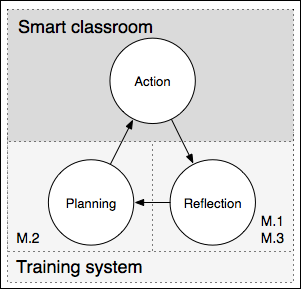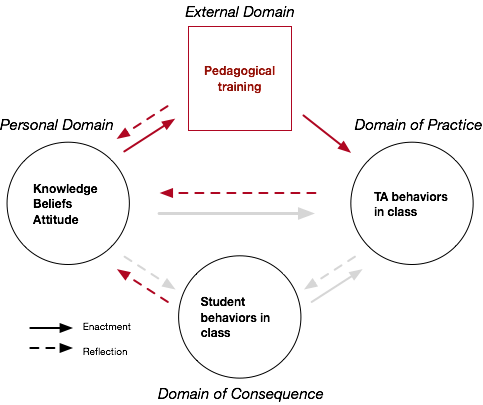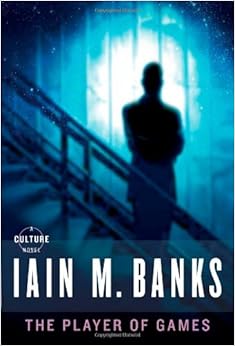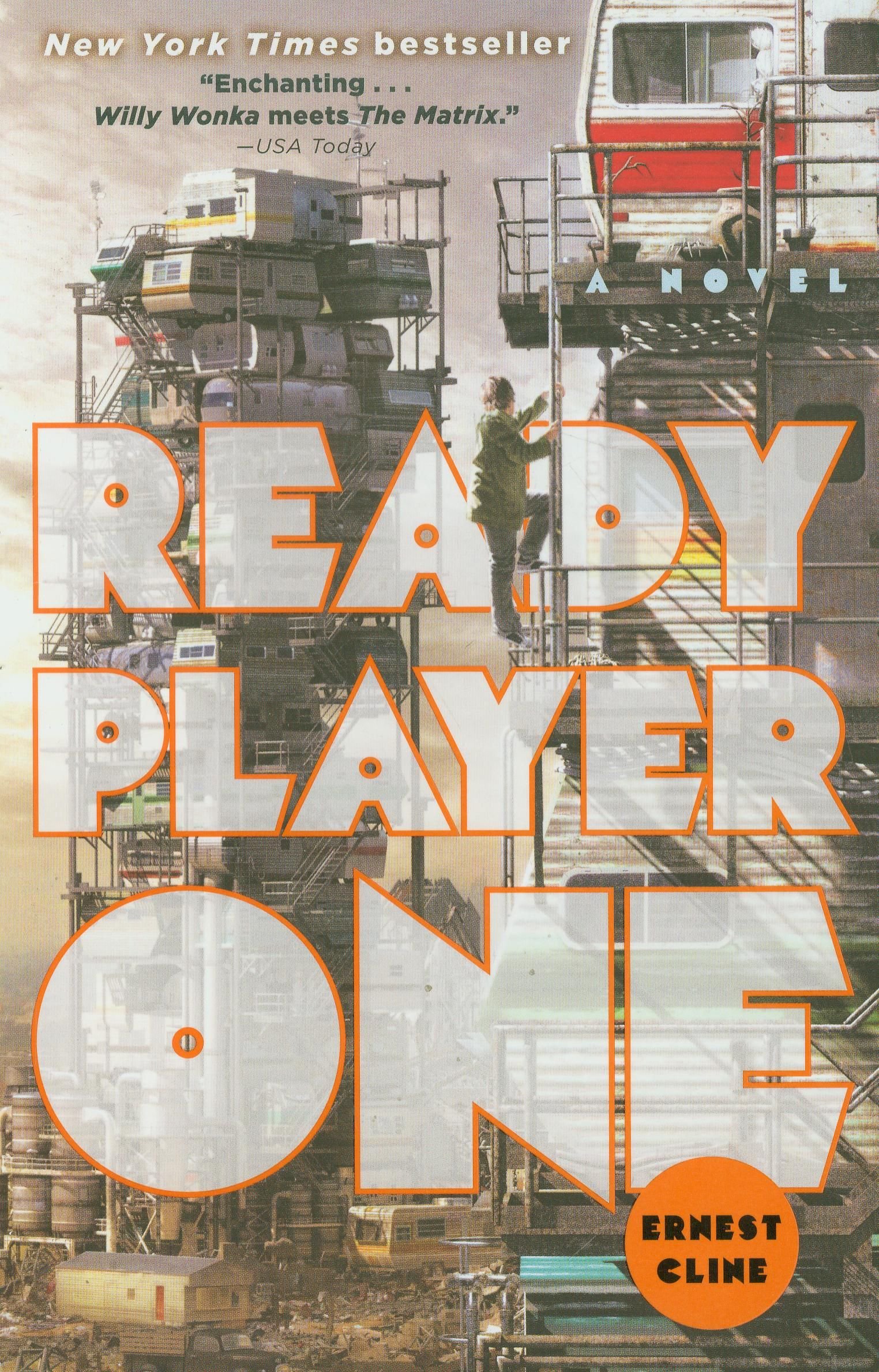I really should have waited longer before using up that joke.
Chapter 2 continues on with 1050 sparkling new words. I didn't get quite as far as I did yesterday because I spent a bit of time digging around in Scholar. I wanted to find out if anyone had already built what I call a "socio-technical training system," and wouldn't you know there's a whole lit review just waiting to be written. Now, I really should be familiar with that research already. As it turns out, I'm only familiar with Personal Informatics. That's one of the most recent branches of socio-technical system research, but far from the only one.
Oh well! I expect I will include a few papers for context and then move on. (Maybe MTFO should be my new motto?) I don't have time to include another entire arm of research if only to add a bit more smarty-pants "historiocity" to my work. It might make for a more interesting read, but it's more likely I would end up making a mess. And the thing is, this divergence just isn't necessary. PI is sufficient. MTFO.
My future boss told me the other day about an initialism she and her colleagues like to use. DTM. It means "do the minimum." (Of course, before revealing what it meant she gave me an elaborate qualification that what she was about to reveal was an exaggeration. A motivator. Not to be taken literally, but still helpful etc etc.) I told her I prefer the term "satisficing," as coined by Herb Simon. That's where you pick a handful of standards that something must meet and stick to them. And you stick to only them. You don't go looking for extras on your new car just because the salesman points out something you hadn't realized you might want. You don't put off buying the thing you need because someone somewhere someday might have it 5% cheaper. As soon as whatever you're doing reaches the minimum targets, MTFO.
But I digress. This writing project is anything but minimum. DTM hardly fits. So anywhere that I can at least avoid adding to my workload, I'll take it.
I'll be honest with you, though... I was totally ready to include it. Fortunately, I had the presence of mind to ask one of my advisors what he thought. He slapped my hand and told me to stop it.
Friday, May 25, 2018
Thursday, May 24, 2018
Day 4: It's getting theory in here
After 3 hours and 1440 words, I have finished drafting part of the related work section. The first part. Out of six distinct sections.
Fortunately, I don't think the rest will be as hard. This section had to introduce professional development for teachers, active learning, feedback, reflection, and self-efficacy.
Crap. I forgot about discursive teaching. It needs that, too. Okay, so I haven't fully drafted this section, but I'll have to come back to it. I've only budgeted 6 more hours for drafting this chapter. I'll push through with the rest and see how much time, if any, remains for fixing holes.
One thing I'm slightly concerned about is that I'm not taking time to go find the citations for anything. I just have (CITE) written everywhere I make some claim. I am hoping that I will be able to fill all of that in easily because I've written on this topic so many times. Also, it's usually easier to go through a document and find a lot of necessary references than to keep stopping and starting again. That said, I'm still afraid that writing in the citations will take a bit longer than I have the budget for.
Things to keep in mind this weekend when I don't feel like working...
Fortunately, I don't think the rest will be as hard. This section had to introduce professional development for teachers, active learning, feedback, reflection, and self-efficacy.
Crap. I forgot about discursive teaching. It needs that, too. Okay, so I haven't fully drafted this section, but I'll have to come back to it. I've only budgeted 6 more hours for drafting this chapter. I'll push through with the rest and see how much time, if any, remains for fixing holes.
One thing I'm slightly concerned about is that I'm not taking time to go find the citations for anything. I just have (CITE) written everywhere I make some claim. I am hoping that I will be able to fill all of that in easily because I've written on this topic so many times. Also, it's usually easier to go through a document and find a lot of necessary references than to keep stopping and starting again. That said, I'm still afraid that writing in the citations will take a bit longer than I have the budget for.
Things to keep in mind this weekend when I don't feel like working...
Wednesday, May 23, 2018
Day 3: Chapter 5 gets outlined
The goal today was to take this model of how teachers learn to teach:

Clark and Hollingsworth's (2002) Interconnected Model of Professional Growth (IMPG)
And manhandle it until it conformed to this model of how I build technology-enhanced training systems:

Gerritsen, Zimmerman, & Ogan (in press) Planning/Action/Reflection model
It's not impossible, but it's not easy. The point I want to make with this chapter is that there are some really helpful ideas in the IMPG, but that it (a) doesn't really tell us how to deliver training, and (b) sort of falls apart if any of its components are missing. So take this view of the higher education classroom, where there is almost no incentive to get training or to reflect on your teaching:

The red lines show the missing components. This is pretty much the case throughout colleges and universities, where people teach because they know the content, not because they have teaching skills.
Without training and reflection, there is basically no chance that an instructor is going to spontaneously get better. Some of them do, and some of them are naturally awesome, but for those that struggle (like I do), and don't have time to seek out support on their own, there needs to be something else in place.
Hence my cycle of planning, action and reflection. I won't get into what that is now. I'll just say that I hope this chapter can show how the needs of the actual classroom, as identified by the IMPG, can be addressed by my framework.
843 words on the outline today, with a fair bit of editing to yesterday's 268. At any rate, the first pass of the outline is done. I am pretty sure it's confusing and hand wavy. Luckily I have advisors who are smarter than I am that can look at it.
Tomorrow I begin drafting Chapter 2: Context of the Research. That's just the fancy name I gave to the related works chapter.
Clark and Hollingsworth's (2002) Interconnected Model of Professional Growth (IMPG)
And manhandle it until it conformed to this model of how I build technology-enhanced training systems:
Gerritsen, Zimmerman, & Ogan (in press) Planning/Action/Reflection model
It's not impossible, but it's not easy. The point I want to make with this chapter is that there are some really helpful ideas in the IMPG, but that it (a) doesn't really tell us how to deliver training, and (b) sort of falls apart if any of its components are missing. So take this view of the higher education classroom, where there is almost no incentive to get training or to reflect on your teaching:
The red lines show the missing components. This is pretty much the case throughout colleges and universities, where people teach because they know the content, not because they have teaching skills.
Without training and reflection, there is basically no chance that an instructor is going to spontaneously get better. Some of them do, and some of them are naturally awesome, but for those that struggle (like I do), and don't have time to seek out support on their own, there needs to be something else in place.
Hence my cycle of planning, action and reflection. I won't get into what that is now. I'll just say that I hope this chapter can show how the needs of the actual classroom, as identified by the IMPG, can be addressed by my framework.
843 words on the outline today, with a fair bit of editing to yesterday's 268. At any rate, the first pass of the outline is done. I am pretty sure it's confusing and hand wavy. Luckily I have advisors who are smarter than I am that can look at it.
Tomorrow I begin drafting Chapter 2: Context of the Research. That's just the fancy name I gave to the related works chapter.
Tuesday, May 22, 2018
Day 2 of dissertation writing
Since the post yesterday, I had a change in schedule come up and had to change a few things. My plan was to spend 6 hours writing today, but I had to move half of it to Thursday. (I am joining Marsha Lovett on a talk about this work coming up on Wednesday, and got a chance to collaborate with her this afternoon.)
The draft of Ch1 is done. Rough Introduction in the can. It took 834 words, so my estimate was close. It also went faster than I expected, at only about 90 minutes. This left me time to get started on outlining Ch5 ahead of schedule. And I am going to need it.
Ch5 is titled "A Framework for SmartPD," and I can now tell it's going to be quite hard to write. This framework is one of the primary contributions of my work. I've only written about it 3 times total. This has been over the past 6 months or so. For me—like a lot of folks I think—I generally come to understand my work best by writing about it. 3 times over 6 months, in my experience, is very little writing on a topic.
The main points I need to get across in this chapter are what SmartPD is meant to be, what the research tells me about how to plan for building toward it, and how Clark and Hollingsworth’s Interconnected Model of Professional Growth (2002) contributes to it. So it's a lot. And I'm not yet sure how it will all fit together.
I put down 268 words on Ch5, and also copy-pasted a lot of older text to draw from. I'll get back to it tomorrow and see if I can make any better sense of it.
The draft of Ch1 is done. Rough Introduction in the can. It took 834 words, so my estimate was close. It also went faster than I expected, at only about 90 minutes. This left me time to get started on outlining Ch5 ahead of schedule. And I am going to need it.
Ch5 is titled "A Framework for SmartPD," and I can now tell it's going to be quite hard to write. This framework is one of the primary contributions of my work. I've only written about it 3 times total. This has been over the past 6 months or so. For me—like a lot of folks I think—I generally come to understand my work best by writing about it. 3 times over 6 months, in my experience, is very little writing on a topic.
The main points I need to get across in this chapter are what SmartPD is meant to be, what the research tells me about how to plan for building toward it, and how Clark and Hollingsworth’s Interconnected Model of Professional Growth (2002) contributes to it. So it's a lot. And I'm not yet sure how it will all fit together.
I put down 268 words on Ch5, and also copy-pasted a lot of older text to draw from. I'll get back to it tomorrow and see if I can make any better sense of it.
Monday, May 21, 2018
Dissertation writing officially under way
As of today, five weeks later than I had planned, I have begun writing my PhD thesis. On the upside, I at least prepared over the past few months by outlining most of the chapters and building a daily writing plan. Now it begins.
My goal today was to write for 3 hours. I produced 1291 words drafting the first chapter. I probably have about 900 more to go before my first draft of Ch1 is done. I plan to complete that tomorrow and then write the outline for Ch5.
I decided to revive this blog space in order to write reflections on the process. It might help me stay on track if I think there's a remote possibility that someone I know could be paying attention. It also helps me express my online exhibitionism in a relatively low-impact kind of way, now that I have lost all interest in the dominant social networking site.
My goal today was to write for 3 hours. I produced 1291 words drafting the first chapter. I probably have about 900 more to go before my first draft of Ch1 is done. I plan to complete that tomorrow and then write the outline for Ch5.
I decided to revive this blog space in order to write reflections on the process. It might help me stay on track if I think there's a remote possibility that someone I know could be paying attention. It also helps me express my online exhibitionism in a relatively low-impact kind of way, now that I have lost all interest in the dominant social networking site.
Tuesday, August 11, 2015
The Reader of Games Books
Now reading Iain Banks' The Player of Games. It's from the Culture series, but fitting after finishing Ready Player One by Ernest Cline. Here's why.
At only 50 pages, the setting for Banks' book includes a massive space habitat (e.g.) in a highly advanced society where people are so wealthy that no one ever has to labor, there is no crime, and society completely surrounds itself in games. Board games, in particular, are of the highest culture. The study and mastery of games and "game theory" are considered intellectual pursuits.
Cline's book, on the other hand, is set on a crumbling Earth in the not-so-distant future, where games are the major form of interaction and escape from the brutality of real life. It's easy to get caught up in all of the pop-culture references that populate Ready Player One, but the book is more than its eighties aesthetic. It acknowledges that games are an important part of life, but that life is more than this.
The interesting contrast between these two books is that Banks used a romantic sci-fi setting, popular at the time that he wrote it, where the future can be a peaceful and leisurely utopia. (Of course, not all is well under the surface, and the protagonist is already beginning to rub up against the sharp edges of his reality.) Cline's book, on the other hand, uses a postmodern setting, popular at the time that he wrote it, to show that the future can be a harsh and cumbersome dystopia. (Of course, not all is terrible. There is still love and honor and romance.)
This contrast between the two actually creates a complementary relationship, a braid of narratives running counter to the primary position of their own setting. Each books play an inverse role to the mechanics of the other.
At only 50 pages, the setting for Banks' book includes a massive space habitat (e.g.) in a highly advanced society where people are so wealthy that no one ever has to labor, there is no crime, and society completely surrounds itself in games. Board games, in particular, are of the highest culture. The study and mastery of games and "game theory" are considered intellectual pursuits.
Cline's book, on the other hand, is set on a crumbling Earth in the not-so-distant future, where games are the major form of interaction and escape from the brutality of real life. It's easy to get caught up in all of the pop-culture references that populate Ready Player One, but the book is more than its eighties aesthetic. It acknowledges that games are an important part of life, but that life is more than this.
The interesting contrast between these two books is that Banks used a romantic sci-fi setting, popular at the time that he wrote it, where the future can be a peaceful and leisurely utopia. (Of course, not all is well under the surface, and the protagonist is already beginning to rub up against the sharp edges of his reality.) Cline's book, on the other hand, uses a postmodern setting, popular at the time that he wrote it, to show that the future can be a harsh and cumbersome dystopia. (Of course, not all is terrible. There is still love and honor and romance.)
This contrast between the two actually creates a complementary relationship, a braid of narratives running counter to the primary position of their own setting. Each books play an inverse role to the mechanics of the other.
Saturday, June 9, 2012
The Book of Pittsburgh 1:1-6
 |
| Wyoming? Wynot? |
Whereas cuticles are criminally abused, the car is furious packed and repacked, and coffee mugs are topped, we hereby move to Pittsburgh.
Tonight we are stopped in Cheyenne, because
we see absolutely no sense in speeding across the country. That means that a short 7 hours got us from
our doorstep in Utah to the I-80 Holiday Inn* in lower Wyoming. It’s not far, but everything feels different.
The newness of the move kicked in when we hit the 215 going
east out of South Salt Lake. This interchange
is only 10 minutes from where we lived for the last 3 years, but it’s a
direction I rarely take. That less
familiar view brought into focus some more expansive vistas: five-plus years of
dense urban neighborhoods, late-night deadlines, and no lack of lake effect. (To my Salt Lake friends, for most Americans
the term “lake effect” does not mean the stench of brine shrimp blowing into
the valley. It’s a cold, hard dump of
snow and ice launched from any number of Great Lakes—or so I have heard.) I have mixed thoughts on all of this, but my
feelings are fairly clear. There is a core
of confidence covered in a thin layer of anxiety. Wavering through this emotional sphere is an electromagnetic
field of what the Brazilians call saudade.
I will miss my mother’s good cheer, my sister’s passion, my
brother’s unique mixture of stoicism and compassion. My nieces and nephews will be near my
thoughts, and missed most of all. I
think about little Alejandra and her easy way of cuddling with uncle Toy-toy,
or Wyatt and his precocious knock-knock jokes.
I will miss talking Java with my dad, and having birthdays with his
wife and kids. Not least of all, there
are scores of baristas dotting the Wasatch Front who have set a high standard for
my expectations of service workers in Pennsylvania. (Yes, as a whole, these SLC punks out-perform
the baristas of Portland.—if only I could have had as good a cup of coffee.)
To ease the transition, we have a number of nesting plans. Vivian has already designed about 13 rooms
worth of decorative themes. Friday
nights will be Board Game Night for anyone interested in showing up. We have encouraged all of our loved ones to
get on Skype, and we’re planning a video blog of our new life…or at least the
silliest aspects of it which we can discover or invent. These will mostly be for the children and the
easily amused, you see.
My final thoughts tonight are for all of you that I did not
spend enough time with while I was in Salt Lake, or during my semi-regular
trips to Portland. I have not forgotten a
single one of my friends and loved ones, but that doesn’t mean I always called
you when I could have. My apologies for
this. My only excuse is that I was able
to devote enough time to my school work that I have now been invited to work in
one of the most exciting departments of one of the most innovative universities
in all the world. It was a rough trade,
but one of the main advantages of a PhD from Carnegie Mellon is going to be regular
travel to the cities which my favorite people inhabit, wherever in the world
you might be.
Subscribe to:
Posts (Atom)

